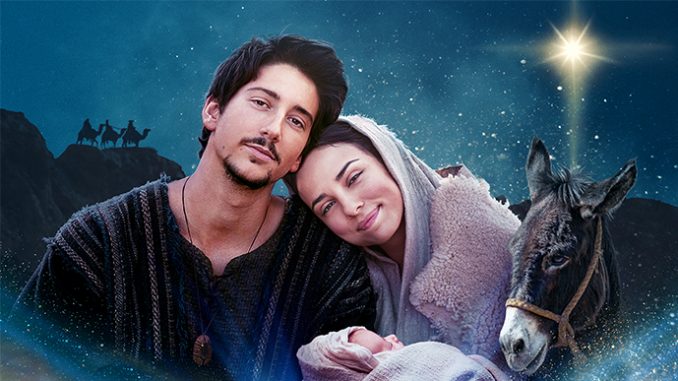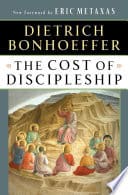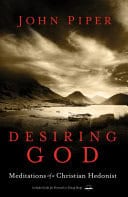Paul Rudd, renowned for his roles in Ant-Man and Ghostbusters, recently expressed a compelling personal interest during an interview about his latest film, Ghostbusters: Frozen Empire.
When posed with the hypothetical opportunity to meet any historical figure, Rudd’s immediate and firm choice was Jesus Christ.
This response, consistent with previous statements, highlights a deeper contemplative aspect of Rudd’s character, contrasting with the lighter, comedic roles he is often associated with.
During the interview with IGV Presents, the conversation took a playful yet profound turn. Simon Harkness, the interviewer, sparked this intriguing discussion among the cast, which also included Mckenna Grace and Finn Wolfhard.
While his co-stars reacted with laughter, possibly due to the gravity of choosing such a seminal figure, Rudd stood resolute in expressing a genuine curiosity about Jesus’s life and teachings.
His response, “Wouldn’t you want to spend some time with Him and go, ‘Jesus, what’s the deal?’” reflects his intrigue and challenges the audience to consider the significance of historical figures in their lives.
This choice is particularly notable given Rudd’s openly discussed Jewish background. His deep connection to his Jewish heritage adds layers to his answer, bridging personal cultural identity with broader historical curiosity.
Despite varied reactions, Rudd’s repeated selection of Jesus Christ over the years underscores a consistent thread in his personal philosophy and public persona: a willingness to engage with profound questions and societal reflections.
Rudd’s discussion poignantly reminds the audience of the power of personal reflections on historical contexts. It invites the audience to engage with his film and ponder their own responses to such a thought-provoking question.
It encapsulates how public figures can use their platform to inspire a deeper examination of our collective cultural and historical understandings.

















Leave a Comment